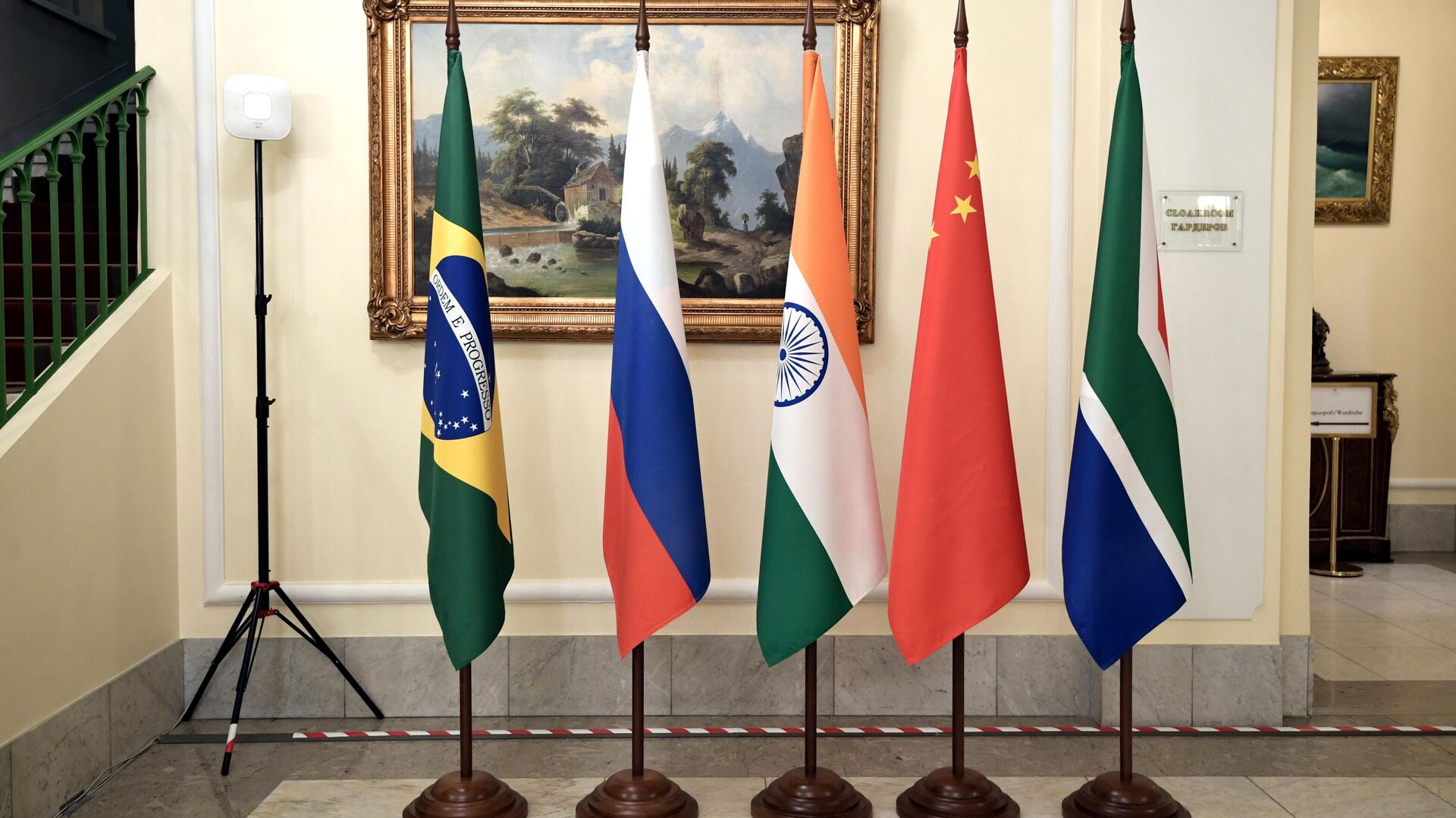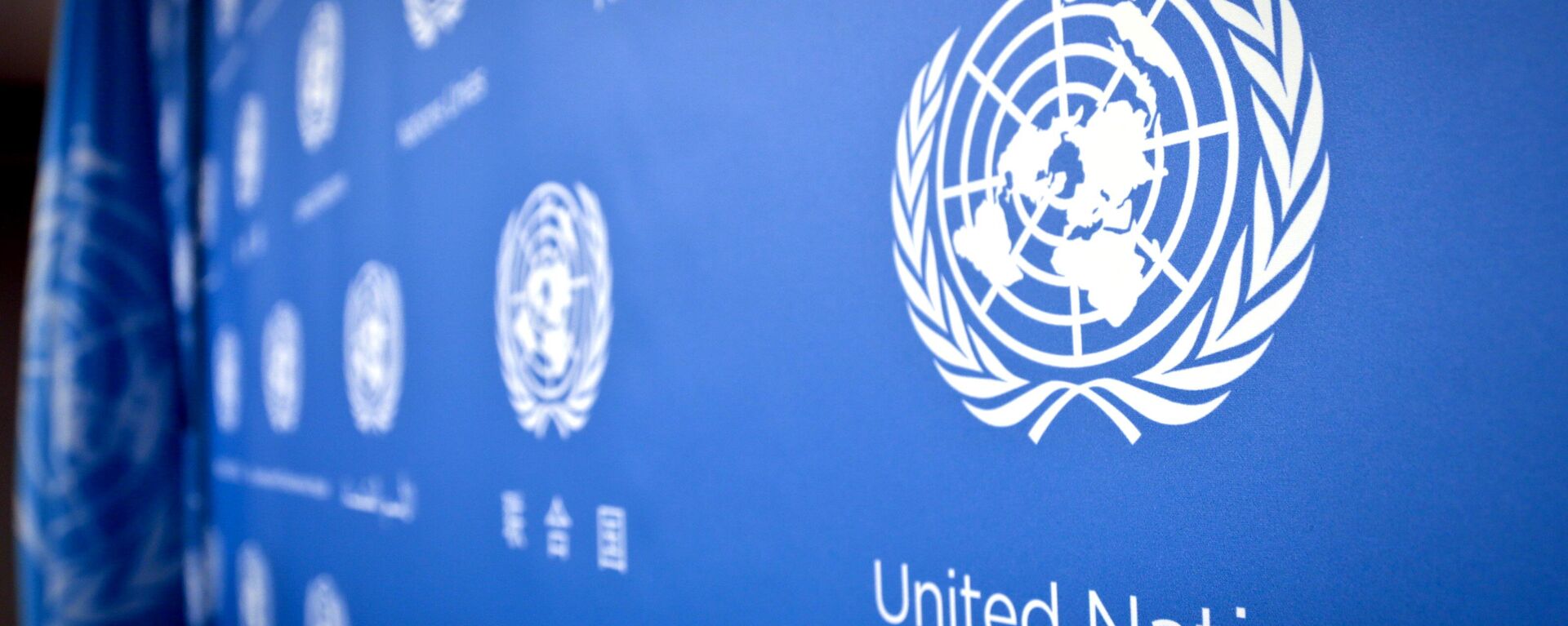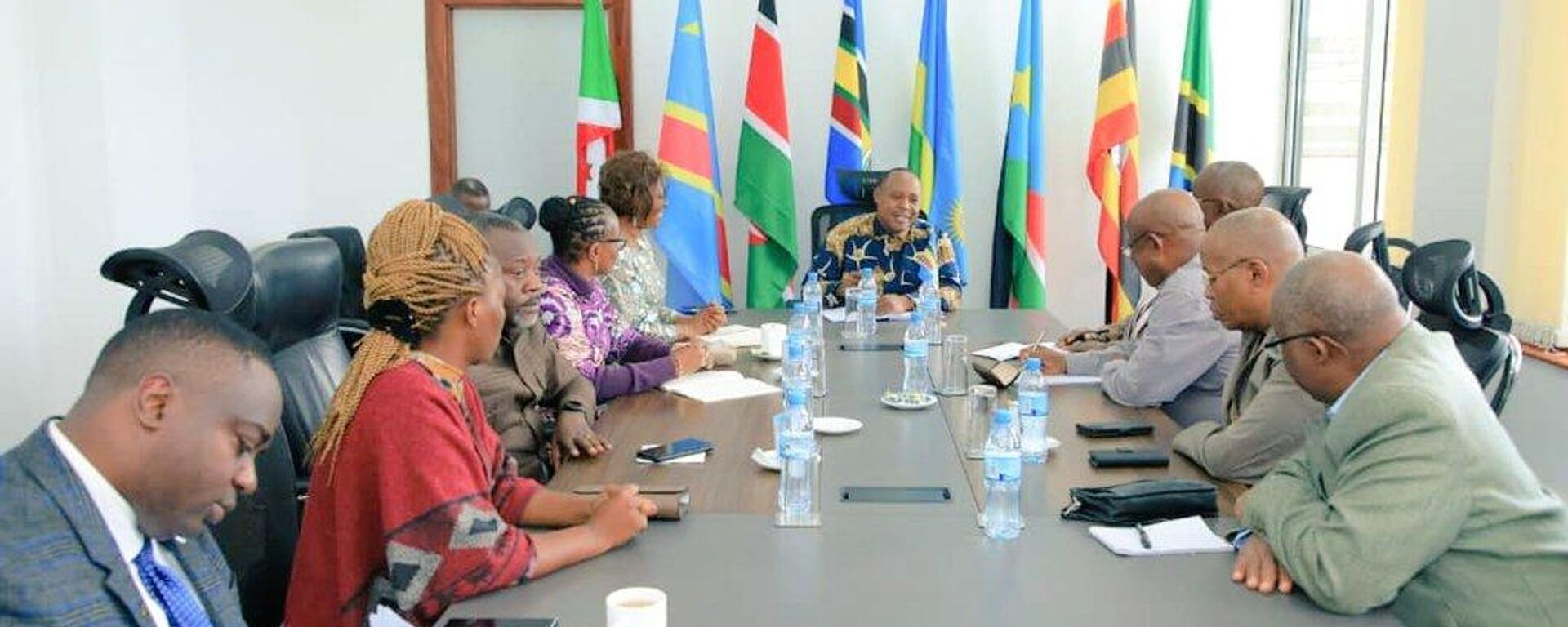https://en.sputniknews.africa/20230628/global-south-marginalized-in-international-architecture-despite-growth-south-african-sherpa-says-1060217416.html
Global South 'Marginalized' in International Architecture Despite Growth, South African Sherpa Says
Global South 'Marginalized' in International Architecture Despite Growth, South African Sherpa Says
Sputnik Africa
The emergence of new centers of power and their rising influence brings to the forefront discussions about the fairness and validity of the Western-centric... 28.06.2023, Sputnik Africa
2023-06-28T18:52+0200
2023-06-28T18:52+0200
2023-06-28T18:52+0200
west
multipolarity
opinion
brics
alternative currency
brics expansion
africa insight
https://cdn1.img.sputniknews.africa/img/07e7/06/1c/1060218828_0:144:3131:1905_1920x0_80_0_0_5d7e81b5035a4f44e5ddae085f032593.jpg
The developing countries of the Global South, despite their growth and heightened influence on their continents, are still "marginalized in terms of decision making" within the global architecture, Ambassador Anil Sooklal, sherpa of the Republic of South Africa in BRICS, told Sputnik Africa in an interview.Developing countries are similarly underrepresented in the UN, which "was created to be inclusive," the politician said. According to Sooklal, the fact that there is not a single African or Latin American country on the UN Security Council makes it a "paralyzed institution that cannot effectively guarantee global peace and security as mandated by the UN charter."Given the Global South's underrepresentation in Western institutions and the UN, as Sooklal noted, developing countries are trying to get their foot in the door of the BRICS.BRICS, for its part, represents the idea of a multipolar world order and a more inclusive process of participation in defining the "nature of this new global architecture," Sooklal believes.In this vein, Sooklal hailed the move away from the US dollar to alternative currencies, which he called "greater financial independence."According to the ambassador, this trend can be seen not only in BRICS, which is "at the forefront" of ditching the dollar, but also in Africa, where the African Exim Bank has created an African payment settlement system.Calls to use local currency instead of the dollar have grown louder around the world. In Africa, the President of Kenya William Ruto is the most vocal advocate of the initiative, who repeatedly questioned the need to use the greenback in intra-African trade.Ruto also stressed that "subjection to a dollar environment" has been impeding payments for goods and services between African countries.On Friday, Brazilian President Lula da Silva, who has previously acknowledged that he "dreams" of a single BRICS currency to gain independence from the dollar, said Brazil plans to raise the issue at the bloc's upcoming summit in South Africa in August.Earlier, Brazil and China signed an agreement to settle payments in yuans, which would provide for the settlements without using the US dollar.BRICS unites Brazil, Russia, India, China and South Africa. A number of states such as Argentina, Iran, Algeria, Egypt and Bangladesh have officially applied to join the bloc.
https://en.sputniknews.africa/20230626/unsc-should-include-african-latin-american--asian-states-ex-un-under-secretary-general-1060169641.html
https://en.sputniknews.africa/20230626/legislator-calls-on-eac-to-ditch-dollar-break-chains-of-economic-neo-colonialism-1060162423.html
west
Sputnik Africa
feedback@sputniknews.com
+74956456601
MIA „Rossiya Segodnya“
2023
Maxim Grishenkin
https://cdn1.img.sputniknews.africa/img/07e7/0a/17/1063018107_0:0:1104:1103_100x100_80_0_0_03090c85a11f5d2e8a19cf1d989443c9.jpg
Maxim Grishenkin
https://cdn1.img.sputniknews.africa/img/07e7/0a/17/1063018107_0:0:1104:1103_100x100_80_0_0_03090c85a11f5d2e8a19cf1d989443c9.jpg
News
en_EN
Sputnik Africa
feedback@sputniknews.com
+74956456601
MIA „Rossiya Segodnya“
Sputnik Africa
feedback@sputniknews.com
+74956456601
MIA „Rossiya Segodnya“
Maxim Grishenkin
https://cdn1.img.sputniknews.africa/img/07e7/0a/17/1063018107_0:0:1104:1103_100x100_80_0_0_03090c85a11f5d2e8a19cf1d989443c9.jpg
west, multipolarity, brics, alternative currency, brics expansion, africa insight
west, multipolarity, brics, alternative currency, brics expansion, africa insight
Global South 'Marginalized' in International Architecture Despite Growth, South African Sherpa Says
Exclusive
The emergence of new centers of power and their rising influence brings to the forefront discussions about the fairness and validity of the Western-centric approach to the formation of key global institutions and the Global South's lack of representation in them.
The developing countries of the Global South, despite their growth and heightened influence on their continents, are still "marginalized in terms of decision making" within the global architecture, Ambassador Anil Sooklal, sherpa of the Republic of South Africa in BRICS, told Sputnik Africa in an interview.
"If we look at the global architecture as it exists today, we are still marginalized in terms of decision making. The Bretton Woods Institution is too dominated by the US and Europe," Sooklal stressed. "And how can that be representative of the global community when you are still controlling and beating the heads of these institutions?"
Developing countries are similarly underrepresented in the UN, which "was created to be inclusive," the politician said.
According to Sooklal, the fact that there is not a single African or Latin American country on the UN Security Council makes it a "paralyzed institution that cannot effectively guarantee global peace and security as mandated by the UN charter."
Given the Global South's underrepresentation in Western institutions and the UN, as Sooklal noted, developing countries are trying to get their foot in the door of the BRICS.
"Therefore you see a large number of countries formally asked to join BRICS because obviously over the past 15 years that BRICS has been meeting in some format, they have had an impact in terms of bringing to the fore the unfair architecture that still persists today," the official underlined.
BRICS, for its part, represents the idea of a multipolar world order and a more inclusive process of participation in defining the "nature of this new global architecture," Sooklal believes.
"We work collectively. To create a global order that recognizes there are various poles of power. We must have diversity. And we must recognize that there are other major economies and powers in the world that would like to play a role in determining the nature of this new global architecture," the official stressed.
In this vein, Sooklal
hailed the move away from the US dollar to alternative currencies, which he called "greater financial independence."
According to the ambassador, this trend can be seen not only in BRICS, which is "at the forefront" of ditching the dollar, but also in Africa, where the African Exim Bank has created an African payment settlement system.
"Countries want to be given the opportunity to break free of being governed by one or two global currencies [by] looking at alternative systems so that we do not become casualties of unilateral sanctions where funds are frozen and countries can't access," Sooklal explained.
Calls to use local currency instead of the dollar have grown louder around the world.
In Africa, the President of Kenya William Ruto
is the most vocal advocate of the initiative, who repeatedly questioned the need to use the greenback in intra-African trade.
Ruto also stressed that "subjection to a dollar environment" has been impeding payments for goods and services between African countries.
The BRICS bloc is also contemplating the development of its own alternative currency.
On Friday, Brazilian President Lula da Silva, who has previously acknowledged that he "dreams" of a single BRICS currency to gain independence from the dollar, said
Brazil plans to raise the issue at the bloc's upcoming summit in South Africa in August.
Earlier, Brazil and China signed an agreement to settle payments in yuans, which would provide for the settlements without using the US dollar.
BRICS unites Brazil, Russia, India, China and South Africa. A number of states such as Argentina, Iran, Algeria, Egypt and Bangladesh have officially applied to join the bloc.




